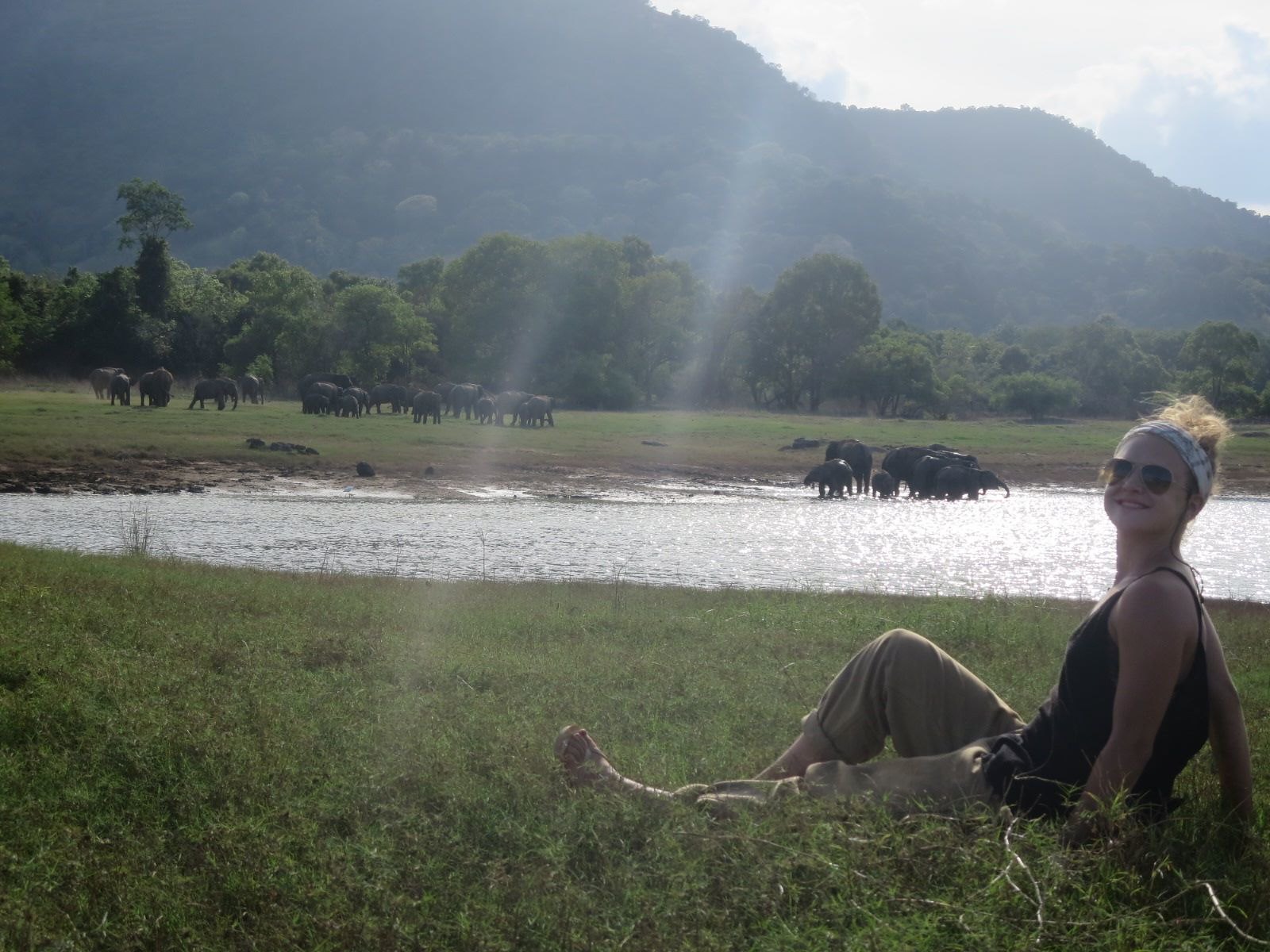1. Avoid over-touristed areas
While tourism can be a huge economic boom to a community, if it grows out of control it can cause serious harm. Overtourism can damage the environment and the cultural and historical heritage of a site. Places like Venice, Machu Picchu, Mount Everest and the Great Pyramids are currently suffering from the consequences of excessive and irresponsible tourism.
Instead of contributing to these problems, go off the beaten path! There are other mountains to climb and other beautiful European cities to explore. Your impact will be less detrimental and your photos won’t be full of frustrated tourists.
2. Be extra cautious about tours where you interact with animals or kids
While there are ethical ways to interact with animals as a traveler, it’s important to remember that many of the experiences that will be offered to you as a tourist are extremely harmful to the animal or to their environment. Any time you’re considering an animal experience, make sure you do your research on the practice itself as well as on the specific provider.
As a general rule of thumb, avoid any experiences that allow tourists to interact with animals in ways humans normally don’t interact with them. Elephants are not domesticated animals, so they should never be ridden. Tigers are dangerous predators; if you’re allowed to pet them, it means they’ve probably been drugged. A mother lion would never let you hold her cubs; she may have been cruelly separated from them while they’re young enough to be cute and docile for tourists.
It’s also important to be extra-aware of companies offering volunteer opportunities with kids, as these might be exploitative. Orphanage volunteerism, for example, has recently come under fire for being more about making money from volunteer fees than for helping children. Read reviews of the specific organization you’re working with, and gain an understanding of the industry in general in your destination country. Make sure you’re doing good, not harm.
3. Don’t take photos of people without permission
4. Support local businesses
Yes, Starbucks is everywhere, and it’s familiar and easy. But buying a grande macchiato in Barcelona is just sending your money right back to the US (plus it’s way less fun than a proper Spanish cafe). Be a good guest: spend your money on locally-owned restaurants, shops, and hotels. You’ll be making a positive impact and having a much more interesting experience.
Whenever possible, also use tour providers that are run by and employ locals. These organizations are aware of local issues, cultural norms, and sensitivities, so you’re much more likely to be participating in an ethical tour that the community is comfortable with, and your money will be reinvested in your host community. You’ll also learn a lot more about the place you’re visiting!
Greenheart Travel works with international partners all around the world, who employ locals, instead of sending American staff to each program location. We feel it’s important to invest in the country and the people who live there, and we also think our programs have even better value and experiences when they are supported and run by local people.
5. Cut back on your plastic use
Single-use plastics are still extremely prevalent in much of the world. Don’t contribute to the problem! Bring a reusable grocery bag and water bottle, and learn how to say “no plastic please” in the local language. Better yet, make sure all of your travel essentials are eco-friendly.

6. Be respectful of historical and cultural sites
Anywhere you go in the world, you’re sure to see other backpackers (and maybe some locals as well) climbing on or walking around on top of ancient temples, monuments, and other important heritage sites. Remember that every time someone does this, a tiny piece of that site is irrevocably eroded away. Just because it’s allowed doesn’t mean you should do it! Help preserve these landmarks for future generations by staying off of them.
7. Read up on local issues before booking accommodation
Vacation rentals like Airbnb are increasingly being called into question. In some cities, these rentals are driving up housing prices and pushing locals out of desirable neighborhoods. Some cities have banned Airbnb, so you might actually be breaking the law by staying in one. Make sure you research before you book.

Leave a Reply